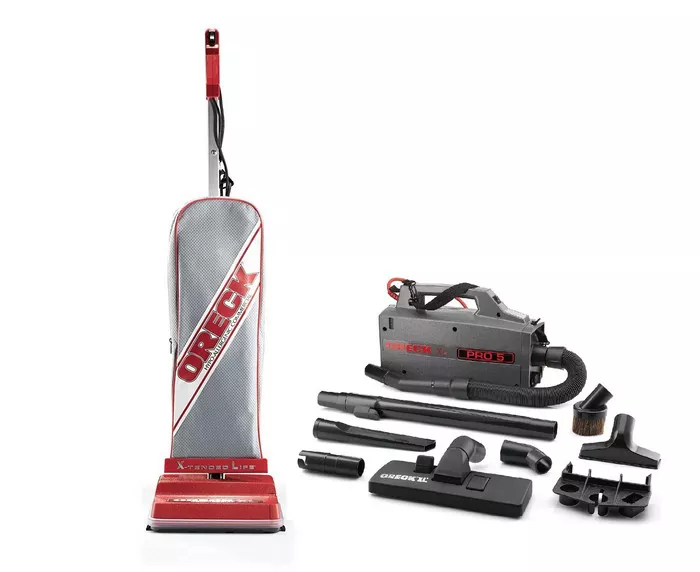Vacuum cleaners have become indispensable tools for maintaining clean and healthy living environments. However, like any appliance, they come with their own set of drawbacks that users should be aware of. Understanding these disadvantages of vacuum cleaners can help consumers make informed decisions when purchasing a vacuum cleaner.
Noise:
One of the most common complaints about vacuum cleaners is the noise they produce. While modern models are generally quieter than their predecessors, the sound of a vacuum in operation can still be disruptive, particularly in smaller living spaces or during early morning or late-night cleaning sessions. To mitigate noise, users can opt for vacuum cleaners with lower decibel ratings or use noise-canceling headphones while cleaning.
Increased Electricity Bill:
Using a vacuum cleaner regularly can contribute to higher electricity bills. The energy consumption of a vacuum cleaner depends on factors such as motor power, suction strength, and usage frequency. However, consumers can minimize the impact on their electricity bills by investing in energy-efficient models that are designed to consume less power without compromising performance. Look for vacuum cleaners with energy efficiency ratings and features like variable power settings to optimize energy usage.
Weight and Portability:
Some vacuum cleaners can be heavy and cumbersome to maneuver, especially when cleaning stairs or reaching high areas. For users with mobility issues or those who live in multi-story homes, the weight of a vacuum cleaner can be a significant drawback. Fortunately, there are lightweight and compact options available on the market that offer greater portability without sacrificing cleaning power. Stick vacuums, cordless models, and handheld devices are all popular choices for users seeking a more lightweight and maneuverable cleaning solution.
Limitations in Cleaning:
While vacuum cleaners are effective at removing dirt, dust, and debris from floors and carpets, they may not be suitable for all surfaces or types of messes. For example, vacuum cleaners may struggle to pick up large debris or clean delicate surfaces without causing damage. Additionally, they may not be effective at removing certain types of stains or odors. In such cases, users may need to supplement their vacuuming routine with alternative cleaning methods such as sweeping, mopping, or spot-treating stains.
Maintenance and Part Replacement:
Regular maintenance is essential to ensure that a vacuum cleaner continues to perform optimally over time. This includes tasks such as cleaning or replacing filters, emptying the dustbin or bag, and checking for blockages in the suction system. Failure to perform these maintenance tasks can result in reduced suction power, unpleasant odors, or even damage to the vacuum cleaner itself. Additionally, users may need to replace worn or damaged parts such as brushes, belts, or hoses periodically to maintain peak performance.
Conclusion
In conclusion, while vacuum cleaners offer numerous benefits in terms of convenience and efficiency, they also have several disadvantages that users should consider. By being aware of these drawbacks and taking steps to mitigate them, consumers can ensure that they get the most out of their vacuum cleaner investment while maintaining a clean and healthy home environment.

